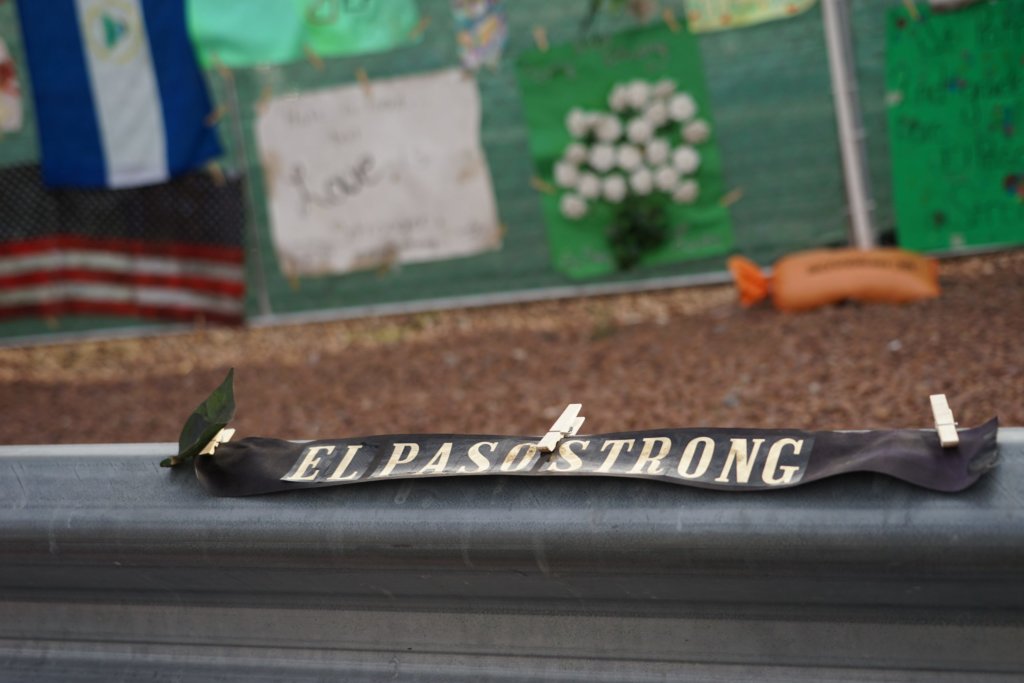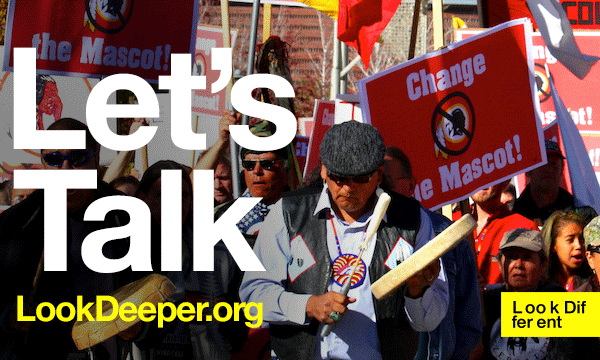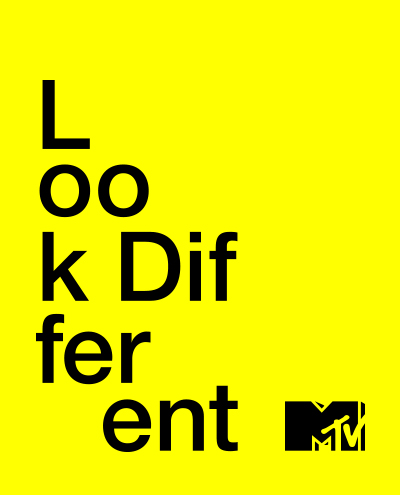MTV and Univision Launch Documentary on Honduran Youth and Migration
It’s hard sometimes for migrant youth to talk about the traumas that led them to the United States and into an American classroom setting. It’s even harder for them to sit in class and focus on the lesson when they may be struggling with language barriers, PTSD, and day-to-day concerns that may include a forced or hard-to-make choice to return to their countries of origin.
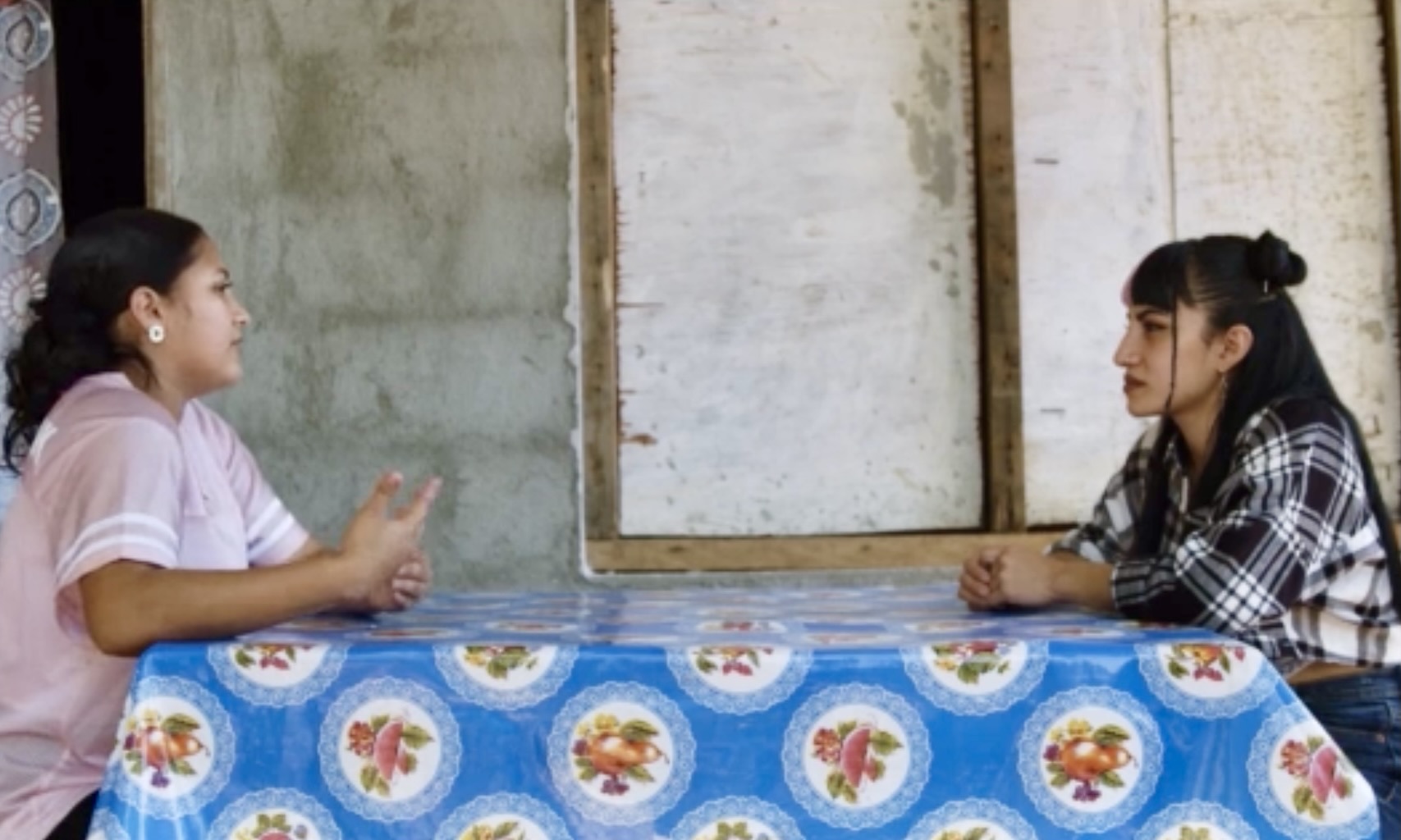
This week, after many consultations with youth experts from organizations such as UNICEF, MTV News will release a documentary on MTV Latin America and Univision in the United States exploring Hondurans’ experiences for a young audience. Presented by Puerto Rican singer-songwriter Justin Quiles, and produced with the assistance of Honduran rapper Mayki Graff, the 30-minute film We Have to Talk About Honduras explores the complex social and economic realities that prompt many youth to undertake a perilous journey in search of safety and financial security in the United States.
“It deals with having to leave your home without access to food, water, or a doctor, about being exposed to robberies, extortion, and accidents,” Quiles says in an MTV News promotional trailer. “All of this is part of the part of the Latin American migratory journey.” In another trailer, he notes that the film can help the public recognize the basic right of all people, including children, to migrate, while “ensuring that no one breaks apart their family.”
Keep up with the latest from UnidosUS
Sign up for the weekly UnidosUS Action Network newsletter delivered every Thursday.
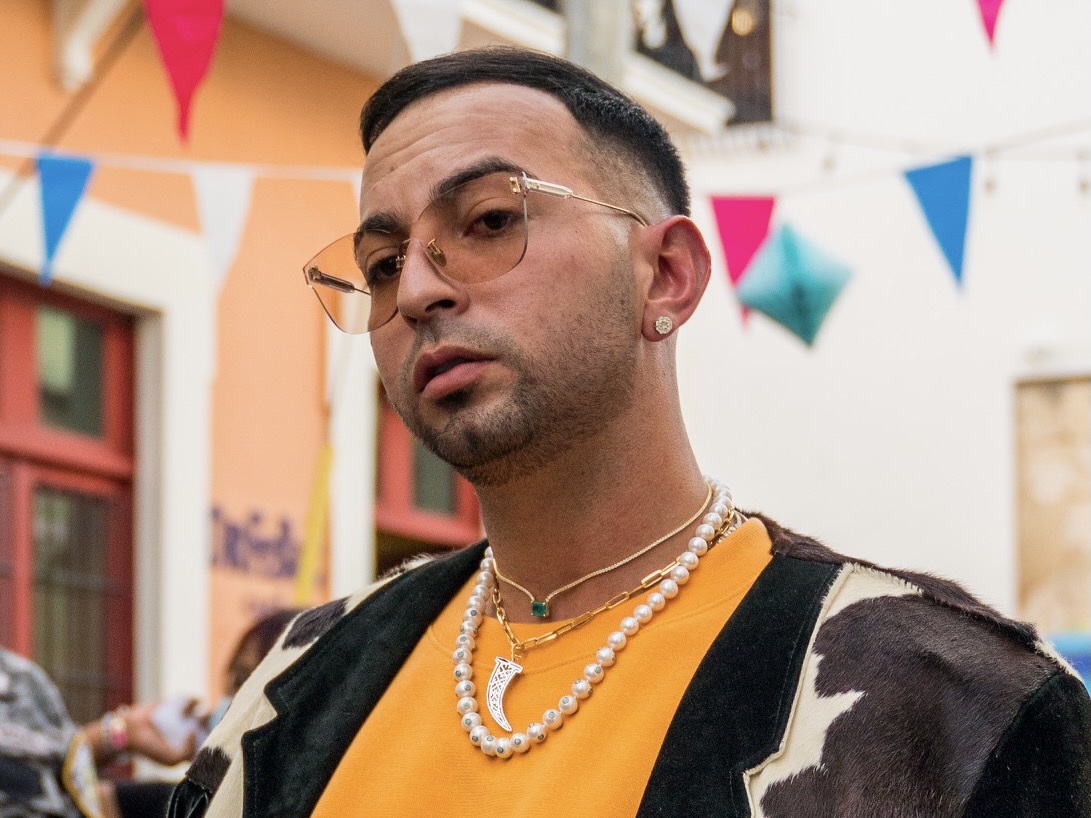
“These are straight-up honest stories of young people who have decided to go on camera and tell you their feelings, their fears, and their hopes,” the film’s executive producer, Mario Cader-Frech, told ProgressReport.co this week in Miami.
“One of the takeaways is that yes, everyone has the right to migrate. That doesn’t mean that they have the right to cross the border illegally and to stay in that country legally,” he says. But explains that’s why so many migrants get stuck at the U.S.-Mexico border going through the tedious and often unsuccessful plea for asylum. “Migration is a human right. It’s part of what we all live on this globe. This film helps you see that all people want is peace, a chance to work, support their family, and escape violence.”
And while the film certainly makes a case for comprehensive immigration reform, it doesn’t shy away from any number of migratory scenarios. For example, there’s a high probability that many migrant youth and their families will be deported. On the other hand, the pandemic or nationwide economic downturns have both prompted large numbers of migrants to return voluntarily.
“Sometimes they realize that not everything that glitters is gold, and that that this country is not the only answer,” says Cader-Frech, whose family fled El Salvador’s civil war in the 1980s. In his case, he was fortunate enough to obtain U.S. citizenship and then return regularly to his country of origin and the region at large. In fact, he has harnessed his background in mass media and the arts to not only explore the region’s social and political problems but also to look for the glimmers of hope. For example, with El Salvador he helped co-found the Y.ES, an arts and culture initiative aimed at raising the profile of Millennial or Generation Y artists in El Salvador, getting their work into top galleries in the United States, and connecting them with world-renowned artists from other parts of the globe so that they can build a creative industry that promotes economic sustainability, peace, and greater civic engagement in their home country.
Speaking by WhatsApp from a massive UNICEF COVID vaccination site in Tegucigalpa, Cader-Frech’s longtime Honduran collaborator and UNICEF Spokesman Hector Espinal expressed his hope that this documentary will help students of all backgrounds to consider a wide range of social problems and possibilities.
He noted that UNICEF often advises on documentaries and media campaigns to help youth feel empowered to make small changes in their own lives, even when it seems impossible. For example, while the challenges continue, the organization is projecting a decline in HIV infections among Latin American youth in the coming years, and Espinal says believes UNICEF’s assistance on an MTV documentary about sexual and reproductive health has helped. In this new MTV documentary, the question of staying safe from COVID-19 is integral to the larger public health and safety story.
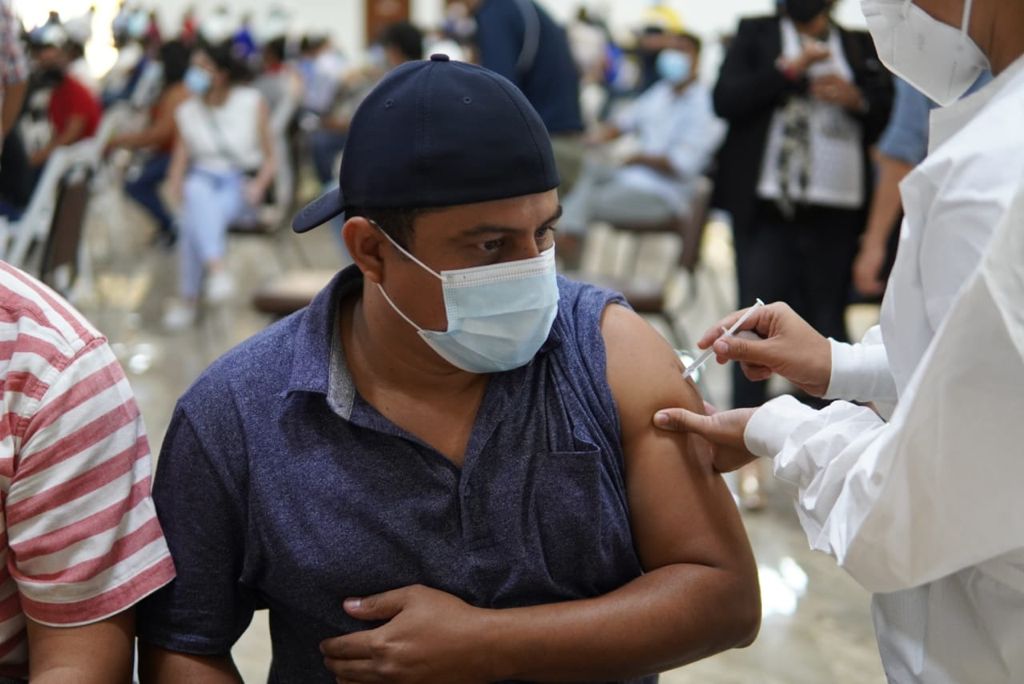
“These documentaries work because youth want new forms of communication,” seconds Espinal. “They provide alternative, entertaining, thought provoking, high-impact communication.”
He believes this film can educate policymakers in multiple countries to make better decisions about humanitarian aid and comprehensive immigration reform while helping schools and community centers welcome and come alongside migrant youth. That could include everything from getting them talking about their lives in a comfortable way. It can also include connecting them to immigrant outreach centers and consulates so that can look at their lives as having options come what may.
Plus, says Espinal, “This video can teach youth with more privileged lives in the United States about the realities youth like this face, which can then get students thinking about how they can help contribute to protecting everyone’s human rights.”
MTV News Presents: We Have to Talk About Honduras premieres on MTV Latin America on Friday, August 20, at 8 p.m. ET and Univision’s Aquí y Ahora will air it in the United States on Sunday, August 22, at 7:00 pm ET.
Author Julienne Gage is an UnidosUS Senior Web Content Manager and Editor of ProgressReport.co.

